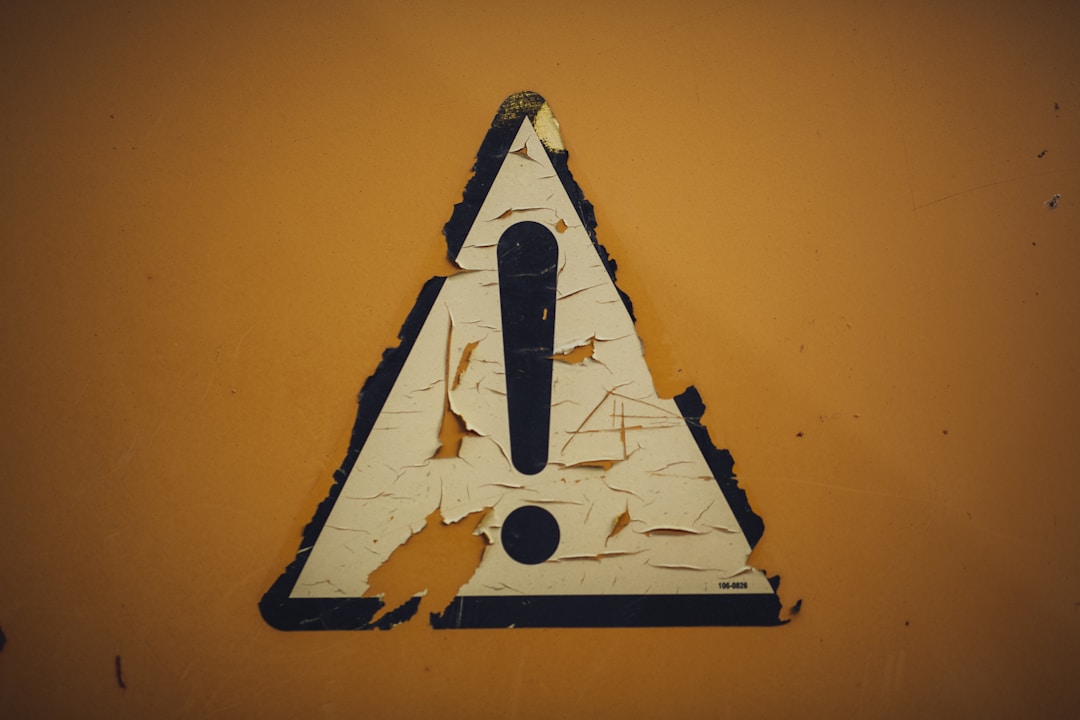In this article, we explore the challenging topic of suicide prevention and support, while highlighting the importance of seeking help or aiding those experiencing mental health crises. Below, we detail various strategies and resources available to empower individuals and their communities in recognizing the signs of suicidal ideation and leveraging various support tools.
Understanding the Warning Signs and Risk Factors

Recognizing the warning signs and risk factors associated with suicide is essential in preventing a tragedy from occurring. Common warning signs include feelings of hopelessness, social isolation, increased substance use, severe mood swings, and talk of suicide or death. By being mindful of these signs and having open conversations surrounding instances of concern, you may save a life.
Risk factors that contribute to suicidal ideation include a history of mental health disorders, prior suicide attempts, traumatic experiences such as abuse or loss, genetic predisposition, and various societal and cultural factors. Assessing an individual’s risk factors helps in understanding the severity of their situation and allows for proper intervention when necessary.
Anonymous platforms offer a supportive and safe space for individuals to share their feelings and experiences without fear of judgment. The anonymous chat platform Supportiv, for example, allows users to connect with others in similar situations and receive emotional support or useful advice. Such platforms can be vital in offering immediate assistance and helping individuals feel less alone, even while maintaining privacy that can often help individuals feel more comfortable opening up.
Implementing a Crisis Plan
Having a crisis plan in place is vital for those struggling with mental health issues and suicidal thoughts. This plan should outline the steps to take when a crisis arises, including identifying triggers, listing coping strategies, and detailing the contact information of support system members like friends, family, and mental healthcare professionals.
For friends and family, actively participate in helping develop the crisis plan and familiarize yourself with its contents. Ensure that you are accessible when needed and are comfortable following through with what the plan entails. In times of crisis, act as a calming presence, offer assistance in determining the most immediate actions to take, and encourage the individual to seek professional help if needed.
Consistently updating the crisis plan is vital to its effectiveness. As an individual progresses in their journey towards better mental health, consider revisiting and revising the plan to reflect the changing needs and circumstances they may encounter.
Seeking Professional Guidance

Seeking professional help, in the form of therapists, counselors, psychiatrists, or psychologists, is a vital component in suicide prevention and support. These experts can not only help assess an individual’s mental health status but also offer guidance and interventions tailored to their specific needs. They can also assist in determining whether medications or specialized therapies may be beneficial in managing mental health symptoms.
Family members and friends of those experiencing mental health crises can also benefit from seeking professional guidance. Mental health professionals can offer advice on how to support a loved one, including the best ways to communicate with them, identifying potential triggers, and developing healthy coping mechanisms for both parties.
Utilizing a combination of professional assistance, online resources, and communities, as well as fostering a strong support system can make all the difference in helping someone overcome feelings of despair and suicidal ideation.
Overall, suicide prevention and support rely on a collective effort from individuals, their loved ones, and mental health professionals. By understanding the warning signs, establishing a support system, creating a crisis plan, and seeking professional help, we can not only save lives but also help those experiencing mental health crises overcome challenges and find hope in a brighter future.